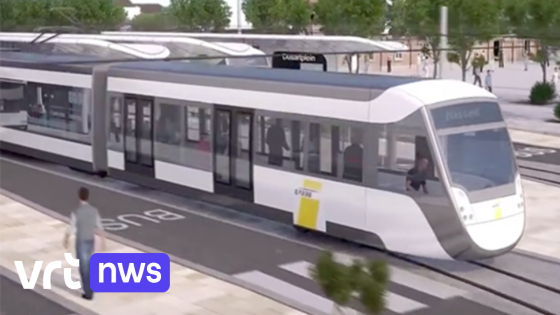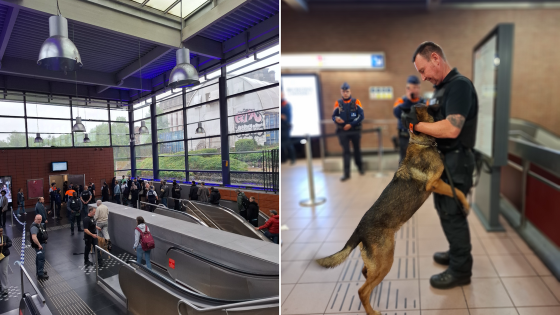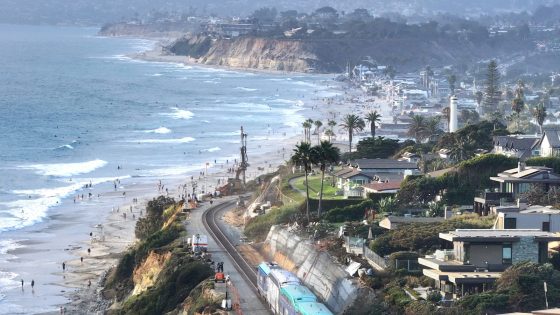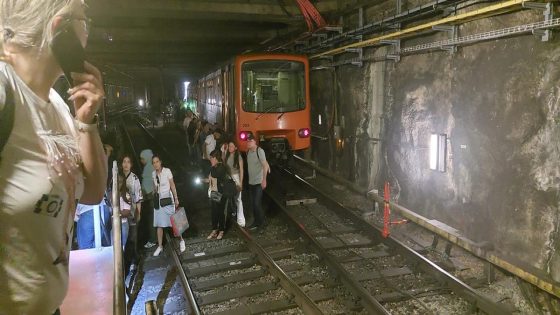The future of tram connections on Brussels territory remains uncertain, stirring debate among local officials and residents. The tram extension plan, a key topic as of 2025-06-13 11:48:00, was initially designed to run through to Brussels-North station, promising improved accessibility and urban mobility. However, recent developments suggest the tram might only reach as far as the Heizel area.
- Minister highlights uncertainty about Brussels plans
- Original tram route aimed for Brussels-Noord
- Tram now limited to Heizel station
- Cost-benefit analysis turns negative
- Brussels prioritization questioned amid budget issues
- Budget problems affect regional project support
This change raises significant questions about the project’s viability and benefits. The societal cost-benefit analysis, once positive, now appears less favourable due to the shortened route. Moreover, the Brussels Region’s current financial difficulties add to the ambiguity surrounding the tram extension’s priority status.
With such uncertainty, what does this mean for commuters and city planners? And can Brussels still prioritise this infrastructure amid budgetary constraints? These questions frame the ongoing discussion about the tram’s future on Brussels soil.
How will this shift affect Brussels’ public transport strategy? The situation highlights several key points to consider:
- The tram’s reduced reach weakens projected social and economic benefits.
- Budgetary pressures in the Brussels Region may deprioritize infrastructure projects.
- Unclear political commitment creates planning and investment challenges.
Looking ahead, transparent communication and renewed commitment will be essential to resolve the tram extension’s fate. Will Brussels find a way to balance budget constraints with the need for sustainable transport improvements? The coming months will be crucial for shaping the city’s transit future.































